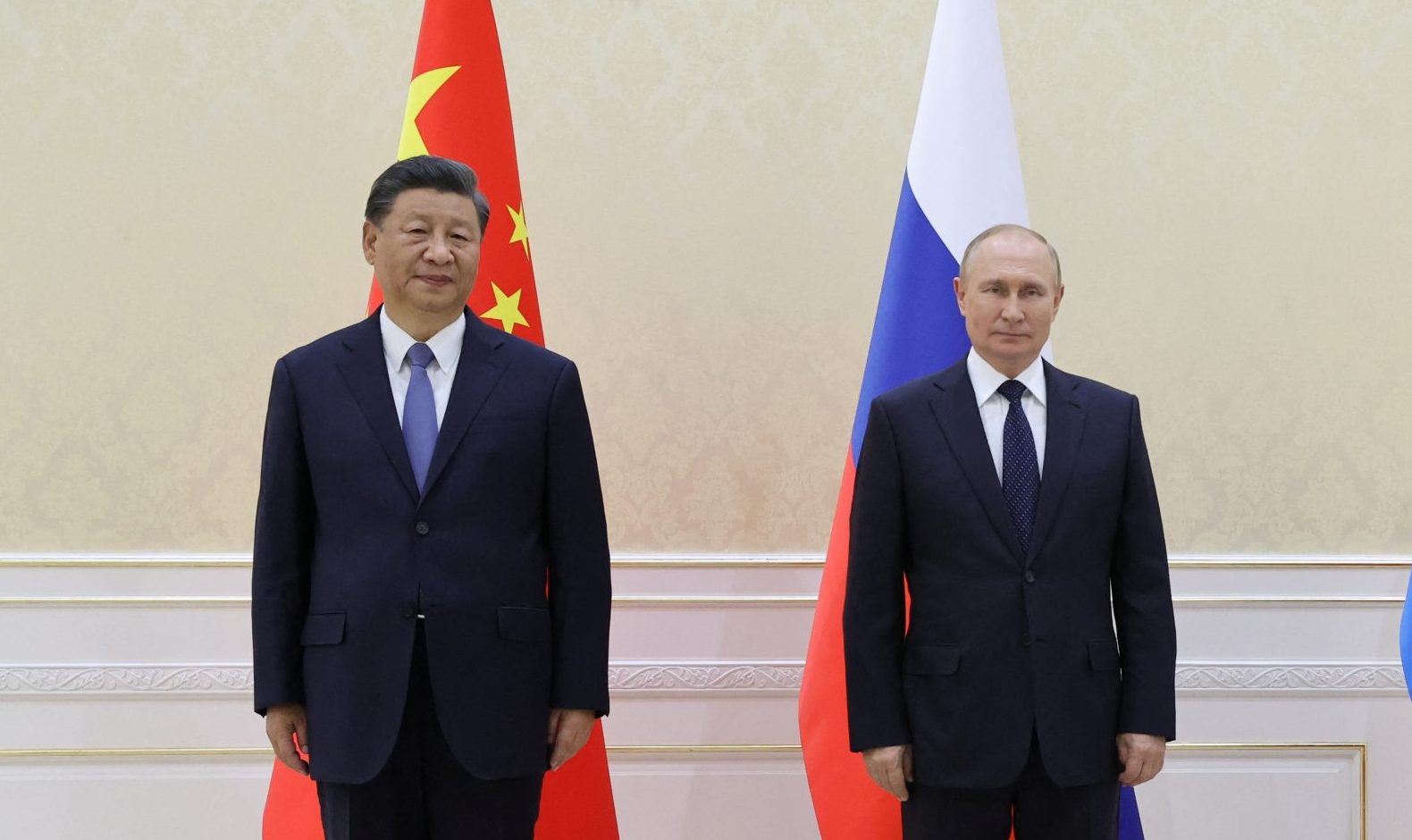
Lauren C. Moye, FISM News
[elfsight_social_share_buttons id=”1″]
China and Russia may be working to influence the midterm election results according to federal officials who have warned state and local politicians.
First obtained by The Associated Press, the unclassified intelligence advisory sent in mid-September says that China is probably seeking to influence crucial races to “hinder candidates perceived as being particularly adversarial to Beijing.”
No election races were specified in the bulletin, and intelligence officials said they had not identified any credible threats at this time. However, they warned that China may view tampering with the midterms as a low-risk operation compared to influencing a presidential election.
“Our best defense is to have an educated populace,” said Scott Bates, the deputy secretary of state in Connecticut, when speaking about the risks of foreign influence. “The election process, we can protect that. If you’re talking about talking trash about a candidate, we’re not in the business of patrolling that.”
Bates’ comment illustrates why misinformation poses such a big risk in U.S. elections. Voters can be steered away from key candidates without realizing they’ve read lies about the individual.
This fine-tuned targeting of a “subset of candidates” who oppose Beijing’s policy interests is exactly what one anonymous senior official at the Federal Bureau of Investigation who spoke to the AP detailed as China’s focus when engaging in election tampering.
The March conviction of five Chinese spies for harassing Chinese dissidents on U.S. soil provides evidence that China has already utilized this strategy. The operatives’ activities also included the attempted undermining of a Congressional candidate’s election campaign.
The candidate was not named directly but instead described as a student leader in the Tiananmen Square protests in 1989, and is suspected to be Yan Xiong, who ran as a Democrat.
China and Russia’s influence in U.S. elections have been long documented, including an Aug. 2020 intelligence assessment that highlights their respective motives to influence elections.
“Some state or non-state actors likely will seek to use cyber means to compromise or disrupt infrastructure used to support the 2020 U.S. Presidential election and the 2020 U.S. Census,” a separate DHS threat assessment warned in Oct. 2020.
China was also accused of influencing Canada’s 2021 election and of funneling money to certain candidates in Australia’s most recent election. Those are only recent examples, considering the DHS memo references that Australia has been scrutinizing China’s role in undermining their elections.
The anonymous FBI official also warned that Russia is not actively creating content but is helping share and promote divisive topics, which include doubts about U.S. election security. Russia excels at creating propaganda and misinformation networks, as well, the official said.
In late September, Meta Inc. announced they had uncovered a Russian misinformation operation with over 60 websites and hundreds of fake profiles used to spread falsehoods about the nation’s invasion of Ukraine.
In the same announcement, the parent company of Facebook and Instagram also announced the dismantling of a smaller network originating in China that targeted U.S. social media users with divisive political content.
Larry Norden of the Brennan Center for Justice, whose expertise is election security, warned that Americans “should be checking the accuracy of claims, and if they are seeing false claims, they should be letting the social media companies know.”
